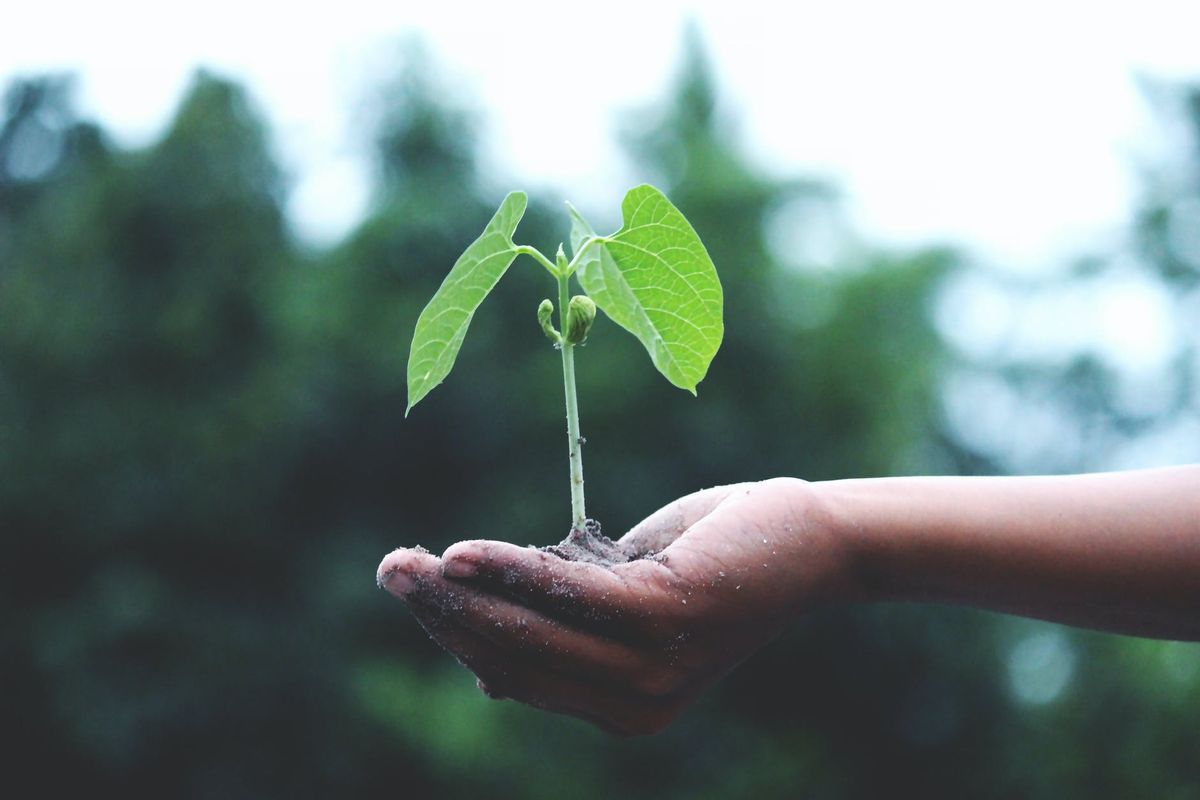What is the importance of Earth Day?

A few minutes every morning is all you need.
Stay up to date on the world's Headlines and Human Stories. It's fun, it's factual, it's fluff-free.
For more than 50 years now, the importance of Earth Day has been globally celebrated ever since the first celebration of Earth was held on April 22, 1970. Leading an impressive 20 million Americans outdoors to protest air pollution, water toxicity and environmental degradation, San Francisco activist John McConnell and Wisconsin senator Gaylord Nelson invited Americans to join a grassroots demonstration that turned out to be one of the most pivotal moments for environmentalists everywhere. Because 10% of the population were committed to collectively protesting and increasing awareness of the environmental issues of the time, President Richard Nixon led the nation into creating its very first Environmental Protection Agency (EPA).
Since the EPA was created, successful laws including the Clean Air Act, the Clean Water Act, the Endangered Species Act and many more have been implemented and recognized as momentous and positive action toward restoring the Earth’s overall condition. This year marks the 51st anniversary where people not only strive to increase awareness of environmental issues but also come together as communities to do the physical work necessary in order to preserve, conserve and restore the beauty that this world is struggling to maintain.
Environmental thinking
It’s important to know that with any kind of plan for maintaining Earth’s integrity comes hard work, perseverance and patience. Throughout history, environmental activists and ecological scientists like Aldo Leopald and Timothy Morton have been focused on how we, as humans, can start thinking ethically when considering our every day actions. For example, by making conscious decisions regarding how the human population directly affects the world around us.
Aldo Leopald’s vision for the world translates to what he calls the “Land Ethic,” highlighting that actions are only right when it tends to preserve the integrity, stability and beauty of the biotic community – it is wrong when it tends otherwise. Although the idea behind an ethical extension seems far off from Western ideologies and modern traditional ways of living, many people have yet to give up on preserving this radical way of thinking about Earth.
Ecology expert Timothy Morton also brings light to just how interconnected we are to the nonliving world. “Existence is coexistence,” Morton says. Reinforcing a lot of Leopald’s ethical thoughts, Morton acknowledges the inevitable interrelationship between living organisms, specifically humans, and everything else; that is, nature and its inhabitants as well as ecosystems, rocks, minerals and all other nonliving organisms that are often easily disregarded.
There’s always an outcome for our actions, whether we know it or not. Whether short term or long term, the way we go about our everyday lifestyles will indeed play a factor in time. The idea of coexisting with nature has always been an integral part of living on Earth. So the next time you’re ignoring the deforestation of a whole ecosystem or thinking of throwing a piece of garbage out the window, consider carefully what effect you’re having on not only the future of the human world but also the nonhuman world.
Celebrate Earth Day everyday
Once you’ve developed a sense of the kind of interconnected relationship we each have with the world, know that for Earth Day (as well as any other day) there are plenty of things that you can do to support the movement. Everything from environmental restoration to planting new seedlings for future growth – the options for helping to maintain and preserve Earth’s natural beauty are endless. If you’re new to this and don’t know exactly where to start, do your research. You’ll find that you’re not alone in this endeavor to protect the environment and that there are a lot more communal-based activities to participate in than you thought.
If you’re in Southern California where the beaches are beautifully abundant, why not join a local beach cleanup? Scientists and data analysts have brought to our attention that the ocean is polluted with 5.25 trillion pieces of plastic debris in its water and counting. Keep in mind that it isn’t always going to be an instantaneous outcome when dealing with any kind of habitat restoration. Recognize that the work we do now contributes to the future of the world, its people and its ecosystems. If you aren’t feeling like picking up trash in your neighborhood, try surrendering yourself to a little bit of gardening, planting and propagation. You’ll come to find that a simple act of planting a tree can help capture carbon in the air, reduce risks of disease transmission and help local pollinators (like the bee) maintain the cyclical qualities for the Earth.
Despite there being a specified day to celebrate, know that every day can be a day to care for the planet. Simple things like conserving water or even driving less to decrease greenhouse gas emissions can make a huge impact on the world. Consider transitioning to biodegradable everything and using products that are cruelty-free to support animals in need. Focus on sustainability when it comes to food and everyday resources. Reduce, reuse and recycle as much as you can, wherever you can. Do your research about the Earth and become involved in one of the biggest challenges the world is still struggling to resolve.
Have a tip or story? Get in touch with our reporters at tips@themilsource.com




Comments ()